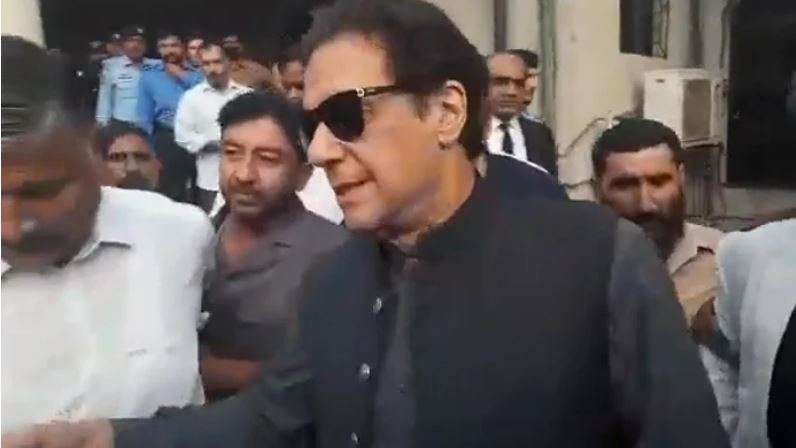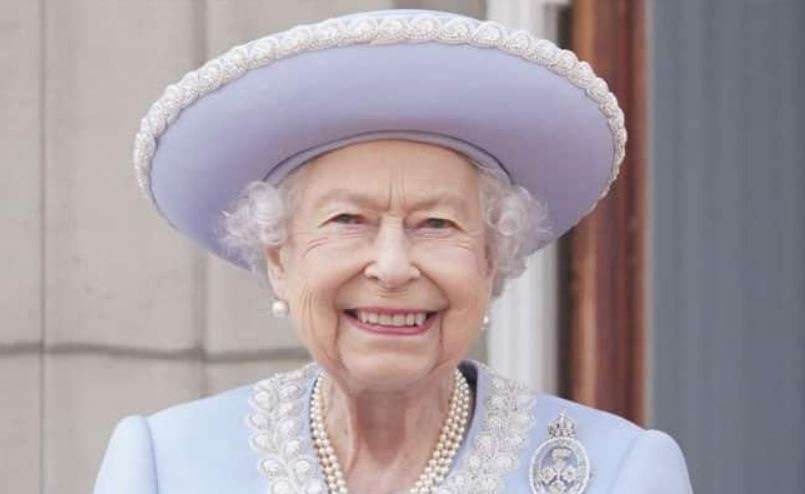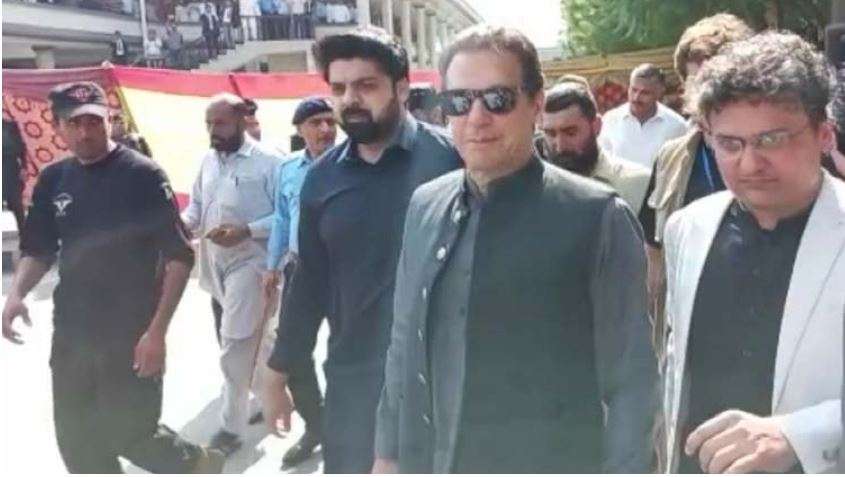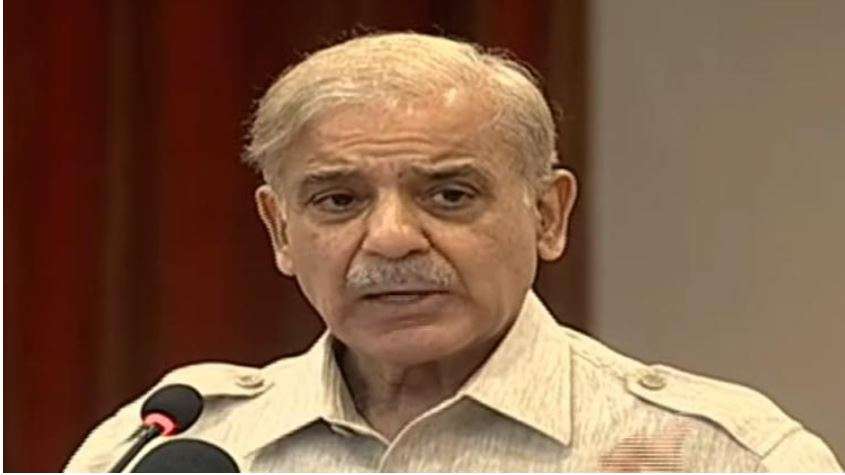ISLAMABAD: Islamabad High Court (IHC) Thursday determined to indict PTI Chairman Imran Khan on September 22 after the former prime minister did no longer put up an unconditional apology.

“Imran Khan’s response used to be unsatisfactory,” stated IHC CJ Athar Minallah. CJ Minallah is heading a five-member bench — comprising Justice Mohsin Akhtar Kayani, Justice Miangul Hassan Aurangzeb, Justice Tariq Mehmood Jahangir, and Justice Babar Sattar — that heard the case.
Once the court took a five-minute spoil after the reservation of the verdict, Khan bought up and requested the court if he should speak. At this, the IHC CJ stated that the court had heard his lawyers.
“I want to provide my stance; the court can question me,” Khan said, however the court prefered to let it be and decided against listening to the PTI chairman.
The court had closing month taken note of the former prime minister’s speech at a public rally, the place he allegedly threatened Islamabad additional sessions judge Zeba Chaudhry for extending PTI leader Shahbaz Gill’s remand.
At the last hearing, the IHC chief justice had asked Khan to make sure that he submits a “well-considered” response in seven days to the show-cause notice, in any other case the court would have its way.
In his first response to the IHC’s show-cause observe in the case, the PTI chairman did not apologise, offering, however, to withdraw his remarks “if they have been inappropriate.”
In his latest response, which was a 19-page-long document, the PTI chairman apparently opted to inform the court that it should discharge the notice based on his explanation and observe the Islamic principles of forgiveness.
However, in both responses, the PTI chairman did no longer provide an unconditional apology, which subsequently led to the courtroom taking the choice despite amici curiae suggesting that the former prime minister be forgiven.


